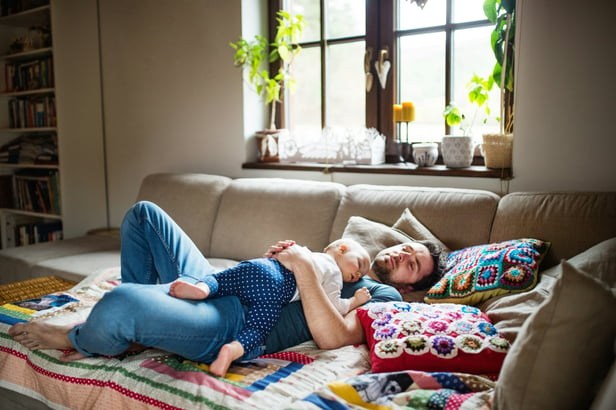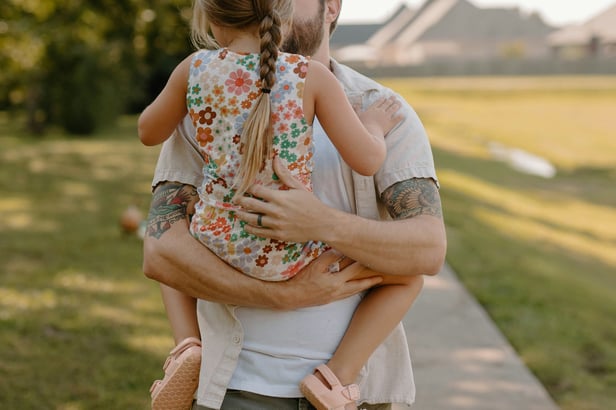Avoiding burnout
Caring for others rewarding, but it’s important to look after yourself too. When we share so much energy with others, we can sometimes forget our own needs. That’s when burnout can sneak in, making us feel drained, unmotivated, and even resentful. Knowing how to recognise the early signs of burnout and take proactive steps toward self-care helps ensure you can keep making a difference in the lives of those you support.

What is burnout?
Burnout often creeps in over time, draining your energy and motivation. It can leave you feeling tired, unmotivated, and even resentful. While signs of burnout vary from person to person, some common ones include:
- Feeling tired or drained most of the time
- Frequent illnesses or trouble sleeping.
- Forgetfulness or self-doubt
- Withdrawing from social activities
- Avoiding social activities and a loss of joy in things you used to enjoy
- Relying on food, alcohol, or other substances to manage stress
To keep looking after others, we need to
look after ourselves
Preventing burnout starts with knowing how important your own wellbeing is. Below are some practical ways to protect your energy and resilience.

.png)
The power of 'no'

Check in with your own family
If you notice your child is struggling with the changes, talk to your caseworker. Together, you can explore ways to ease the transition for everyone in the family.
)%20(4).png?width=616&name=Heading%20(A4%20(Landscape))%20(4).png)
Embrace family and kin support
For carers of Aboriginal and Torres Strait Islander children, connecting with the child’s family and kinship network can provide valuable support for both you and the child.
By spending time with kin, children can strengthen family bonds and cultural ties while giving you a short break to recharge. Discuss these options with your caseworker to see if it’s a good fit for your situation.